Current issues
In response to the international community’s growing concern with the problem of money laundering and the financing of terrorism (AML, CFT), many countries around the world are enacting or strengthening their laws on the subject.
Given the nature of the financial operations used for laundering money, companies may inadvertently be used as agents through multiple channels (real estate investments, financial investments, SME buyouts, money laundering) for the investment of funds derived from illicit or criminal activities thus jeopardizing the stability, reliability and credibility of the entities involved.
Until 2013, financial institutions and regulated professions listed in Article L561-2 of the French Monetary and Financial Code (bankers, bailiffs, lawyers, notaries, accountants, etc.) had to declare to TRACFIN the sums entered in their books or the transactions relating to sums which they suspected were destined for terrorist financing. Thereafter, Article 324-1-1 of the French Criminal Code introduced a presumption that goods or income originating from transactions for which there is no apparent justification constitute the proceeds of an offence.
Pursuant to this Article, companies are now required to identify their customers and the customers’ beneficial owners, to assess the risk of money laundering associated with the business relationship, and implement the level of Due Diligence commensurate with the perceived risk. Assessing the risk of money laundering, including the laundering of proceeds from corruption therefore involves a multi-factor analysis.
The Fourth Directive 2015/849 of the European Parliament and of the Council of 20 May 2015 on the prevention of the use of the financial system for the purposes of money laundering or terrorist financing, was passed on 26 June 2017. Under this directive, companies are required to proceed to simplified Due Diligence after conducting a risk analysis.
In France, Ordinance no. 2016-1635 (1 December 2016) implements provisions of the EU’s fourth anti-money laundering directive into French domestic law with goals of strengthening French anti-money laundering legislation and addressing the financing of terrorism. Under the French provisions, French and foreign companies and corporate groups must identify and register their ultimate beneficial owners.
OUR EXPERTISE
As part of the fight against financial crime, governments across the world require their financial institutions to implement anti-money laundering compliance programs. Implementing AML legislation can be challenging.
A specialist in risk management with extensive experience in the domains of money laundering and terrorist financing, IKARIAN provides you with a full range of services ranging from enhanced investigations, Due Diligence, background checks and third-party risk assessments.
Our highly-qualified team of specialists will assist you in:
- Ensuring that your business partner’s net worth comes from profits generated from legitimate business and commercial activities, and that they comply with applicable anti-money laundering laws and regulations;
- Establishing the funds’ origin and the method/circumstances under which they were acquired;
- Managing your financial and operational risks.
Know Your Customer (KYC), Know Your Supplier (KYS), or other Know Your Partner (KYP) appraisal procedures are essential steps in establishing business relationships and must form an integral part of your Governance, Risk and Compliance (GRC) management systems, along with the pre- and post-acquisition M&A Due Diligence.
The purpose of our research and investigations is to provide you with the guarantees and serenity necessary to conduct your commercial and financial operations.



